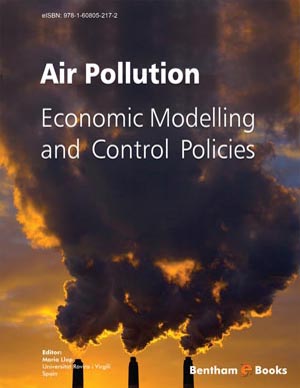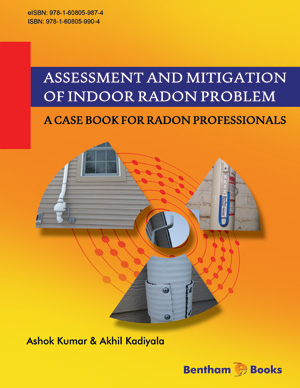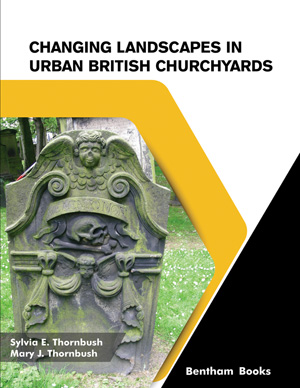Abstract
Sugarcane Biorefineries provide an important issue to several applied fields of technologies because they integrate sustainable sugarcane byproducts utilization with basic sciences and core technologies. However, for competiveness, they require highly multidisciplinary skilled human resources in engineering, agronomy, biology, economics and others. In Mexico, sugar agro-industry produces a single undifferentiated final product (sucrose) with the implementation of highly polluting conventional transformation processes, and with demands of fossil energy. It also creates low level of integration of universities for the implementation of technological innovations in the sugar industry and a number of socioeconomic constraints and low environmental sustainability. Therefore, the University of Veracruz, with professionals from all areas of knowledge, located in the Mexican region with the highest sugar production, has carried out a sugarcane master’s program with the commitment to enhance sustainability, training, development of educational capabilities and technology transfer and professionalization for sugar industry stakeholders since 1996. The Master's Program allows to develop skills of agronomic and sustainable conversion technologies, and strategic management for graduates. It promotes regional development to build biorefineries according to sustainable development and competiveness with a wider international perspective and also the participation of sugar and ethanol technicians sharing practical experiences. This approach discusses in detail the structure of graduate academic program as well as the necessary technology and research actions and the fundamental participation of technical graduates for the transition from traditional sugar industry to sugarcane biorefinaries.
Keywords: Competiveness, Ecological constraints, Master´s program, Productive diversification, Socioeconomic constraints, Sugar industry, Sugarcane biorefinery, Sustainability, Veracruz Mexico.












